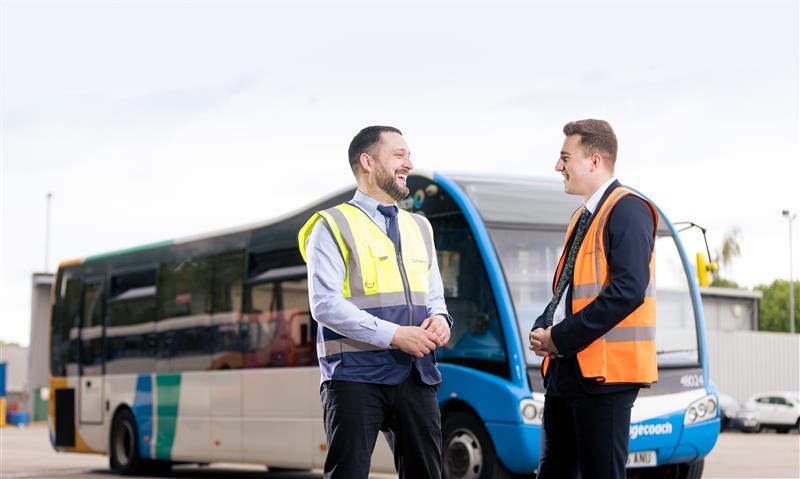Fast charging, also called DC or opportunity charging, can be convenient when it comes to charging electric buses. It can lower the charging wait time to 10 minutes – equivalent to the time it takes to refill a diesel bus.
Of the total cost of an eBus, almost 50% represents its battery alone. The fact that in the EV world it’s customary to no longer use a battery when it reaches 80% of its original capacity, makes it even more significant to understand how this fast charging can affect battery life and battery degradation over time.
Studies in the past years showed that commercial fast-charging cycles can subject electric vehicle batteries to high temperatures and high resistance, causing them to crack, leak and lose their storage capacity.
Fortunately, there are steps you can take to prevent and monitor damage to your vehicles’ battery packs.
As a general guideline, batteries prefer slower current. For example, overnight chargers with max. 50 kW are preferable, as opposed to fast DC chargers that can go up to 350kW. Therefore, it’s generally considered that lower current and power requests are better for eBus batteries.
Do you want to learn more about how operators use opportunity charging and the impact it has on eBuses? Check out our free reports on eBus opportunity charging behaviour.
Conclusion
It is important to ensure that your batteries are healthy and that they are maintained over time. Using intelligent fleet software like the one provided by ChargePoint allows for real-time fault notifications and historical reports that help you prevent breakdowns and cell degradations. With a fleet monitoring platform, it’s also possible to increase your vehicle uptime so that there’s less need for fast charging.


























